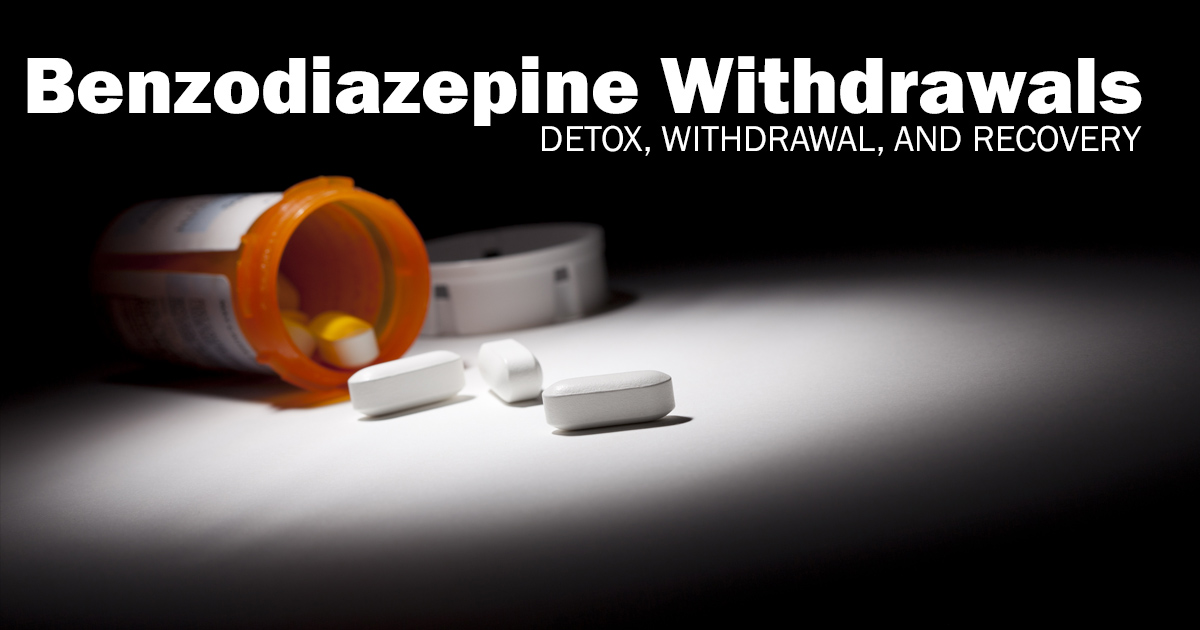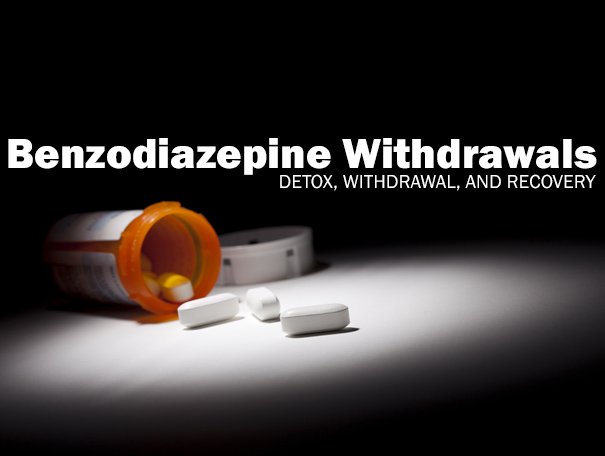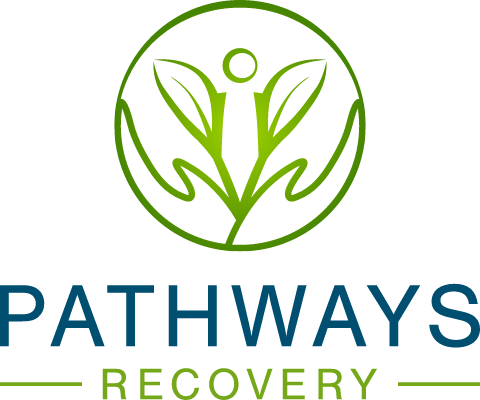
Benzodiazepine drug abuse is typically defined as daily long-term use. After a period as short as three months of regular or daily use, an individual can experience the telltale signs of addiction, including cravings and a quick rebound of negative symptoms such as anxiety or sleeplessness.
How Benzos (Benzodiazepine) Affect The Brain
In the brain, benzodiazepines boost the effects of GABA (gamma-aminobutyric acid), one of the most common central nervous system neurotransmitters. The acid blocks nerve impulses in the brain, which translates to psychological tranquilization. Under normal conditions, the body does an adequate job of releasing GABA as needed. Taking a benzodiazepine strengthens the power of GABA in the brain. When used as prescribed, benzodiazepines offer almost immediate relief (within 30 minutes) to those who suffer from panic attacks or extreme anxiety. When taken recreationally, the class of drugs acts as a sedative and numbing agent.
Over time, individuals may need higher doses of benzodiazepines to feel the same level of sedation. The substance creates both physical and psychological addiction, which may contribute to a more difficult experience with detox.
The Dangers of Benzodiazepine Addiction and Withdrawals
Benzodiazepine abuse and dependence affects an individual’s quality of life. Those who are dependent may display symptoms of detachment, sedation, and confusion or dementia. When taken with other drugs, benzodiazepines increases the risk for health complications such as respiratory suppression or coma. In extreme cases, it also contributes to overdose-related death.
Abusers may also exhibit a lost interest in life and life events and make excuses for not engaging in once enjoyable events. Detox allows recovering individuals to reconnect with the real world, regain a lost quality of life, experience clear-headedness, and regain a more positive attitude.
Benzodiazepine Withdrawal Timeframe
Depending on the type of benzodiazepine and the medication’s half-life, withdrawal symptoms can begin within a few hours or within a day. For those recovering from a powerful benzodiazepine drug such as Xanax, the effects of withdrawal can begin within 12 hours. Most addicted individuals overcome the worst of the detox period within two weeks, but residual side effects may last as long as a few months or years without medical support. Other factors that influence the recovery timeframe include genetics, dosage, the timeframe of addiction, general health and wellness, and mental health.
Symptoms Of Benzodiazepine Withdrawal
During the withdrawal period, those in recovery can experience the following symptoms at various levels of intensity:
- Returning symptoms of anxiety or difficulty sleeping
- Severe panic or anxiety attacks
- Muscle tension
- Upset stomach, nausea, and vomiting
- Difficulty concentrating or thinking
- Mood swings and agitation
- Intense cravings for benzodiazepines
- Loss of appetite and weight loss
- Hallucinations
- Seizures
- Suicidal thoughts and behaviors
These acute symptoms may last a few weeks or several months, depending on the individual. In rare instances, someone may experience protracted symptoms that recur years after the detox period. Certain symptoms may affect some people more than others, while some people may go through the detox period with relatively few symptoms.
Additional drug addictions often play a role in benzodiazepine detox. When taken in conjunction with other addictive prescriptions or illegal drugs, the symptoms associated with benzodiazepine use may change.
Benzodiazepine Withdrawals Often Require Extra Help with the Right Medical Detox Treatment
In most cases, people addicted to benzodiazepines can’t simply stop taking the drug and resume normal activities. Going cold turkey can result in serious medical complications, including severe muscle cramps and seizures. Instead, most addicts must wean off the medication or take additional prescriptions to reduce the risk of serious withdrawal complications. Only a qualified medical care professional can provide the right level of emotional, physical, and mental support.
Recovery programs often approach addiction from more than one angle. They help an individual move past the physical symptoms of recovery, but they also provide access to a support group of other recovering individuals. Some recovery programs also provide meaningful educational information so patients can regain their health and happiness.
At Pathways Recovery, we pride ourselves on the services we offer to those who are ready to take the next step to heal. Our services include, but not limited to, drug and alcohol treatment, outpatient rehab treatment, and benzodiazepine addiction treatment. At Pathways Recovery, in Sacramento, CA, we also offer a holistic treatment plan for those who might need a little more assistance in our comfortable and safe drug and alcohol detox center located in a quite and friendly residential area. Contact us today for any questions or to speak with a highly trained member of our staff. The first step starts with a call today for a better tomorrow.


